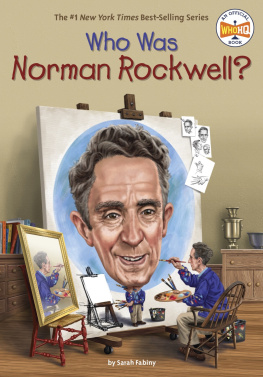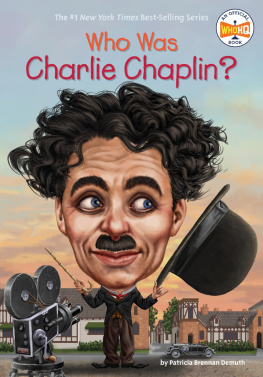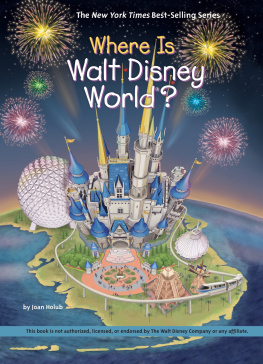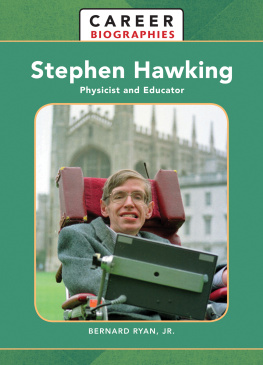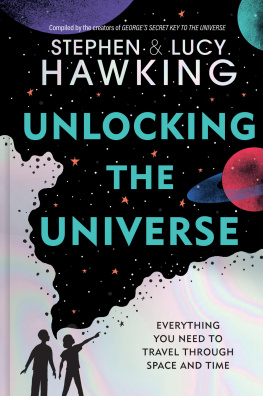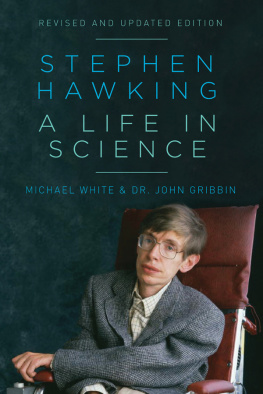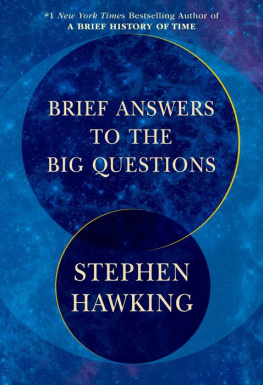Gregory Copeland - Who Was Stephen Hawking?
Here you can read online Gregory Copeland - Who Was Stephen Hawking? full text of the book (entire story) in english for free. Download pdf and epub, get meaning, cover and reviews about this ebook. year: 2019, publisher: Penguin Young Readers Group, genre: History. Description of the work, (preface) as well as reviews are available. Best literature library LitArk.com created for fans of good reading and offers a wide selection of genres:
Romance novel
Science fiction
Adventure
Detective
Science
History
Home and family
Prose
Art
Politics
Computer
Non-fiction
Religion
Business
Children
Humor
Choose a favorite category and find really read worthwhile books. Enjoy immersion in the world of imagination, feel the emotions of the characters or learn something new for yourself, make an fascinating discovery.
- Book:Who Was Stephen Hawking?
- Author:
- Publisher:Penguin Young Readers Group
- Genre:
- Year:2019
- Rating:4 / 5
- Favourites:Add to favourites
- Your mark:
- 80
- 1
- 2
- 3
- 4
- 5
Who Was Stephen Hawking?: summary, description and annotation
We offer to read an annotation, description, summary or preface (depends on what the author of the book "Who Was Stephen Hawking?" wrote himself). If you haven't found the necessary information about the book — write in the comments, we will try to find it.
Who Was Stephen Hawking? — read online for free the complete book (whole text) full work
Below is the text of the book, divided by pages. System saving the place of the last page read, allows you to conveniently read the book "Who Was Stephen Hawking?" online for free, without having to search again every time where you left off. Put a bookmark, and you can go to the page where you finished reading at any time.
Font size:
Interval:
Bookmark:
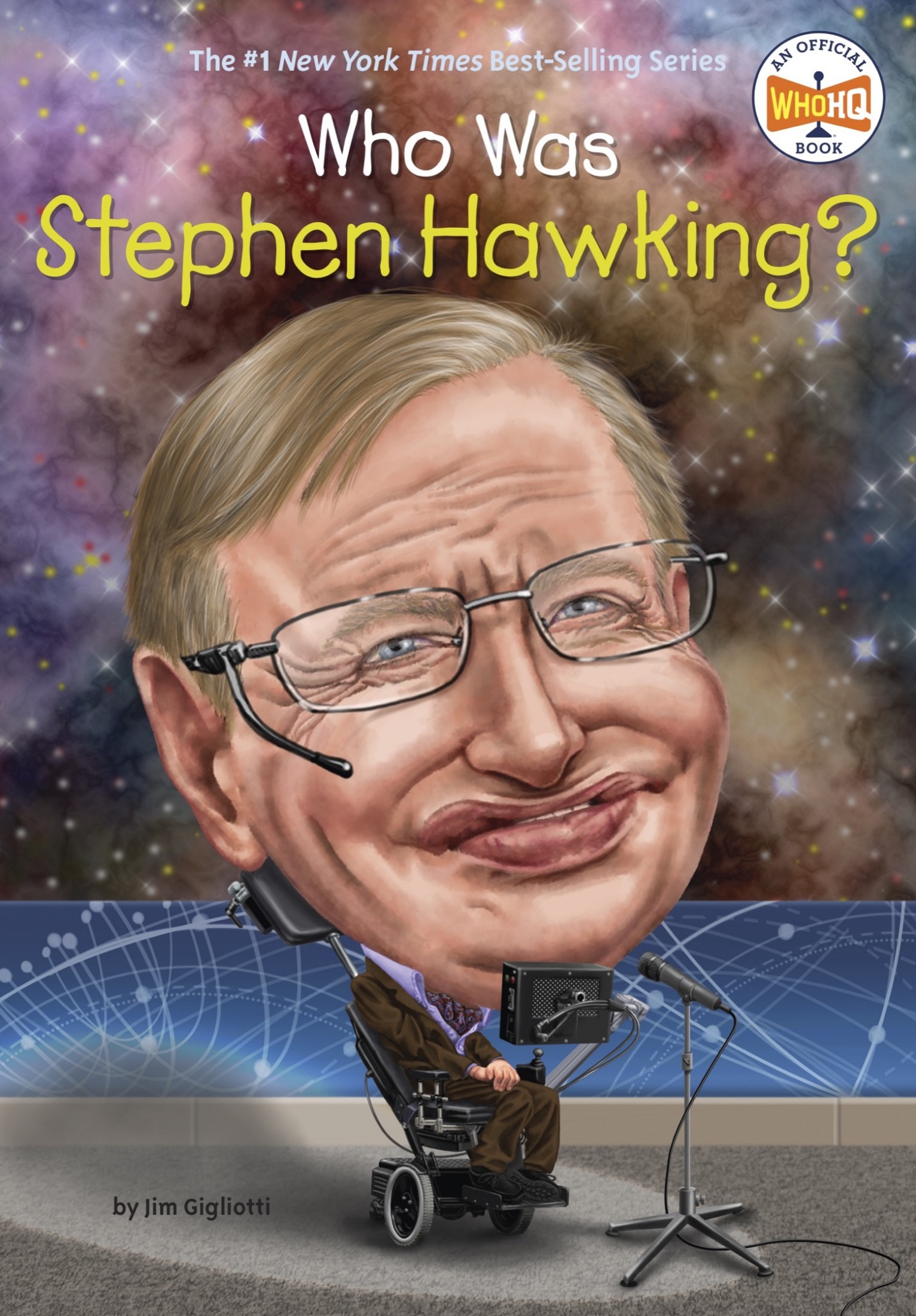
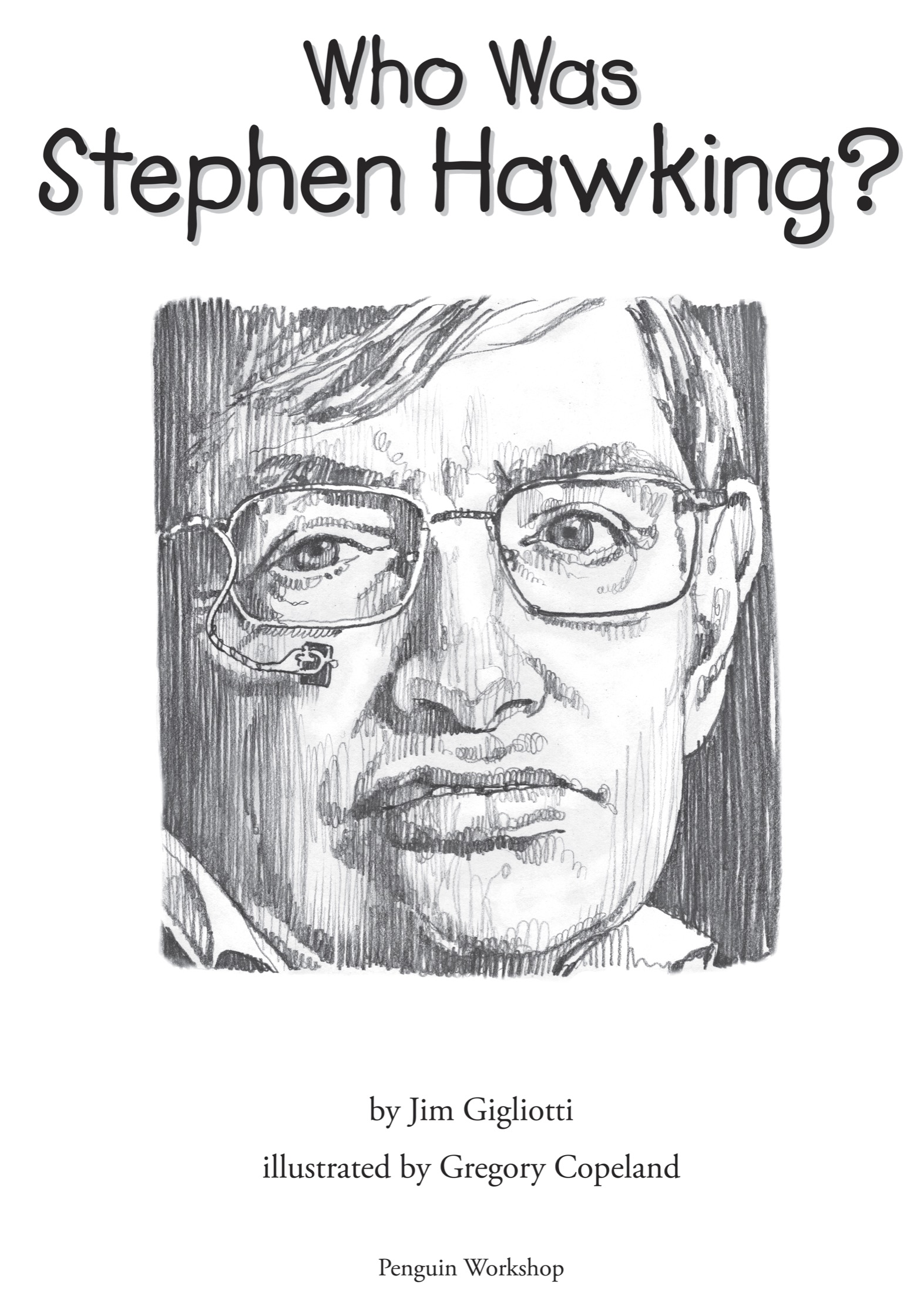
For Michelle, for overcoming lifes challenges and following your dreamJG
PENGUIN WORKSHOP
An Imprint of Penguin Random House LLC, New York

If you purchased this book without a cover, you should be aware that this book is stolen property. It was reported as unsold and destroyed to the publisher, and neither the author nor the publisher has received any payment for this stripped book.
Penguin supports copyright. Copyright fuels creativity, encourages diverse voices, promotes free speech, and creates a vibrant culture. Thank you for buying an authorized edition of this book and for complying with copyright laws by not reproducing, scanning, or distributing any part of it in any form without permission. You are supporting writers and allowing Penguin to continue to publish books for every reader.
Text copyright 2019 by Jim Gigliotti. Illustrations copyright 2019 by Penguin Random House LLC. All rights reserved. Published by Penguin Workshop, an imprint of Penguin Random House LLC, New York. PENGUIN and PENGUIN WORKSHOP are trademarks of Penguin Books Ltd. WHO HQ & Design is a registered trademark of Penguin Random House LLC.
Visit us online at www.penguinrandomhouse.com.
Library of Congress Cataloging-in-Publication Data is available upon request.
ISBN 9780451532480 (paperback)
ISBN 9780451532503 (library binding)
ISBN 9780451532497 (ebook)
Version_1

Who Was Stephen Hawking?
When Stephen Hawking was a young boy, he wanted a toy train more than anything else in the world. But he lived in England in the mid-1940s, during World War II. Toy makers werent making toys at that time. They were too busy helping the war effort. Their factories were being used to help build planes and bombs for soldiers. Toy trains were hard to come by.
So when Stephen was three years old, his father made him a wooden train. But Stephen didnt think of it as a real train. He had to push it to make it go. Then Stephens father managed to find a windup train. After he turned the key, it moved on its own, but it still wasnt the kind of train Stephen wanted.
Stephen was hoping for an electric train with real moving parts. He wanted to study how the train workedwhat made it go and what made it stop. Finally, when he was old enough, he took out all the money he had in his bank account and bought himself an electric train set. That was more like it!
Stephen soon moved on to bigger things. He started building model airplanes. Then he worked on making toy boats. He didnt really care how they looked. Instead, he was more interested in how they worked. Sometimes he took things apart. He wasnt very good at putting them back together, but that didnt matter. He wanted to study how all the different parts worked with one another.
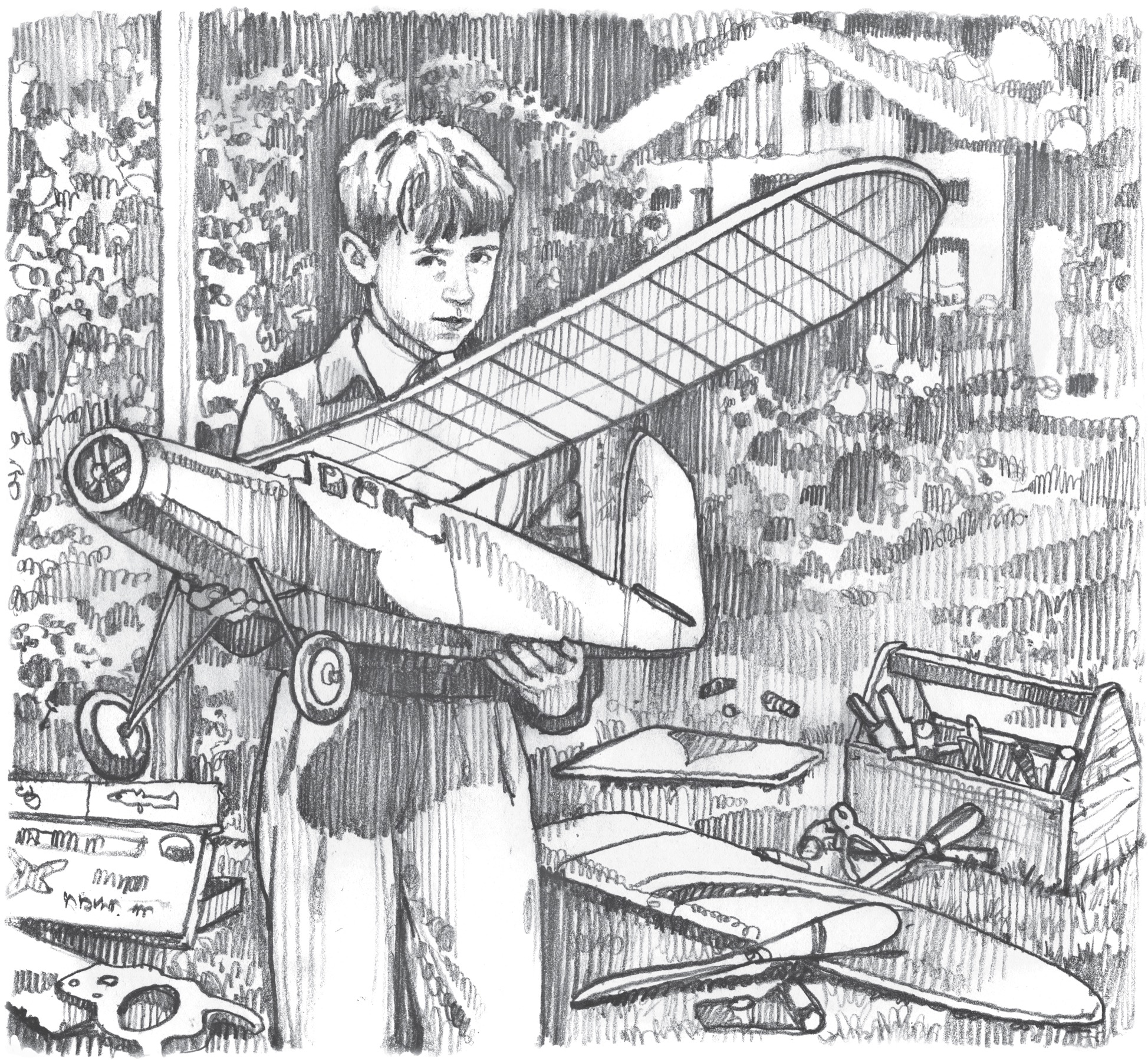
By the time he was a teenager, Stephen started thinking about how even larger things workedreally big things, like the universe, for instance. How did it start? he wondered. Does it get larger? Does it get smaller? Will it ever end?
Those are big questions! Stephen never stopped asking those big questions. Nothing could stop him. Not even a disease that kept him in a wheelchair for most of his life. Not even losing his ability to speak, and then to move at all.
Instead, he overcame the challenges of his disease and became a physicist. Physics is the study of matter (what all things are made of) and energy. People who study physics take a close look at how matter and energy move through space and time.
Stephen kept thinking about the big questions his entire adult life. He wrote articles and books about black holes, the origin of the universe, and all kinds of things. He was a famous scientist, an important thinker, and an inspiration to people all over the world.
When World War II began in Europe in 1939, Frank and Isobel Hawking lived in London, England. London was heavily bombed during the war by Germany, which was fighting on the other side. Many parts of the city were destroyed. The Hawkings home wasnt hit, but one bomb landed just a few houses down the street from theirs.
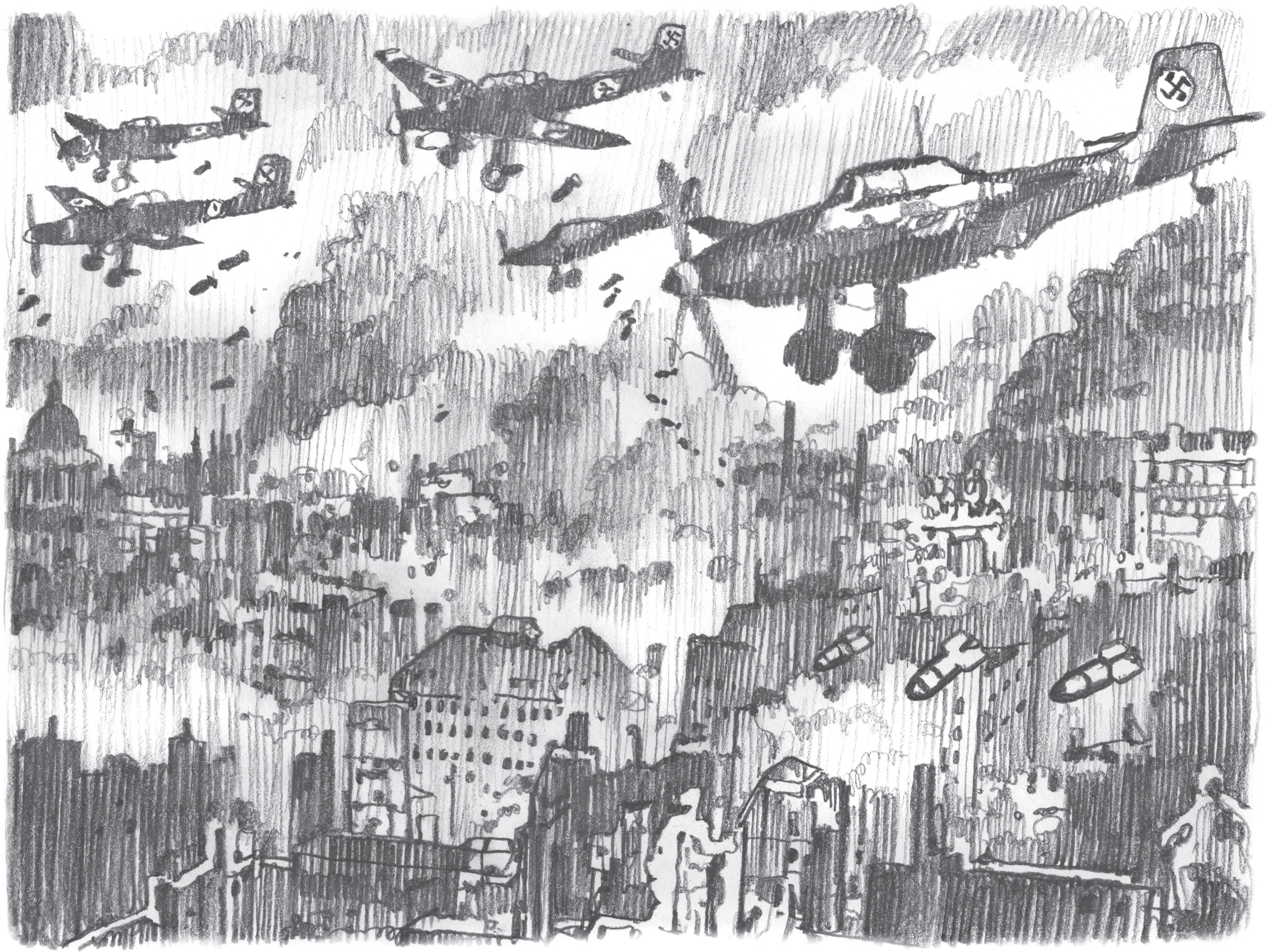
When Isobel was pregnant with Stephen in the early 1940s, she moved for a time to Oxford, England. It was much safer in Oxford, which is about sixty miles away. Oxford is home to the University of Oxford. There were no soldiers or important factories there, so it was not a target for the Germans.
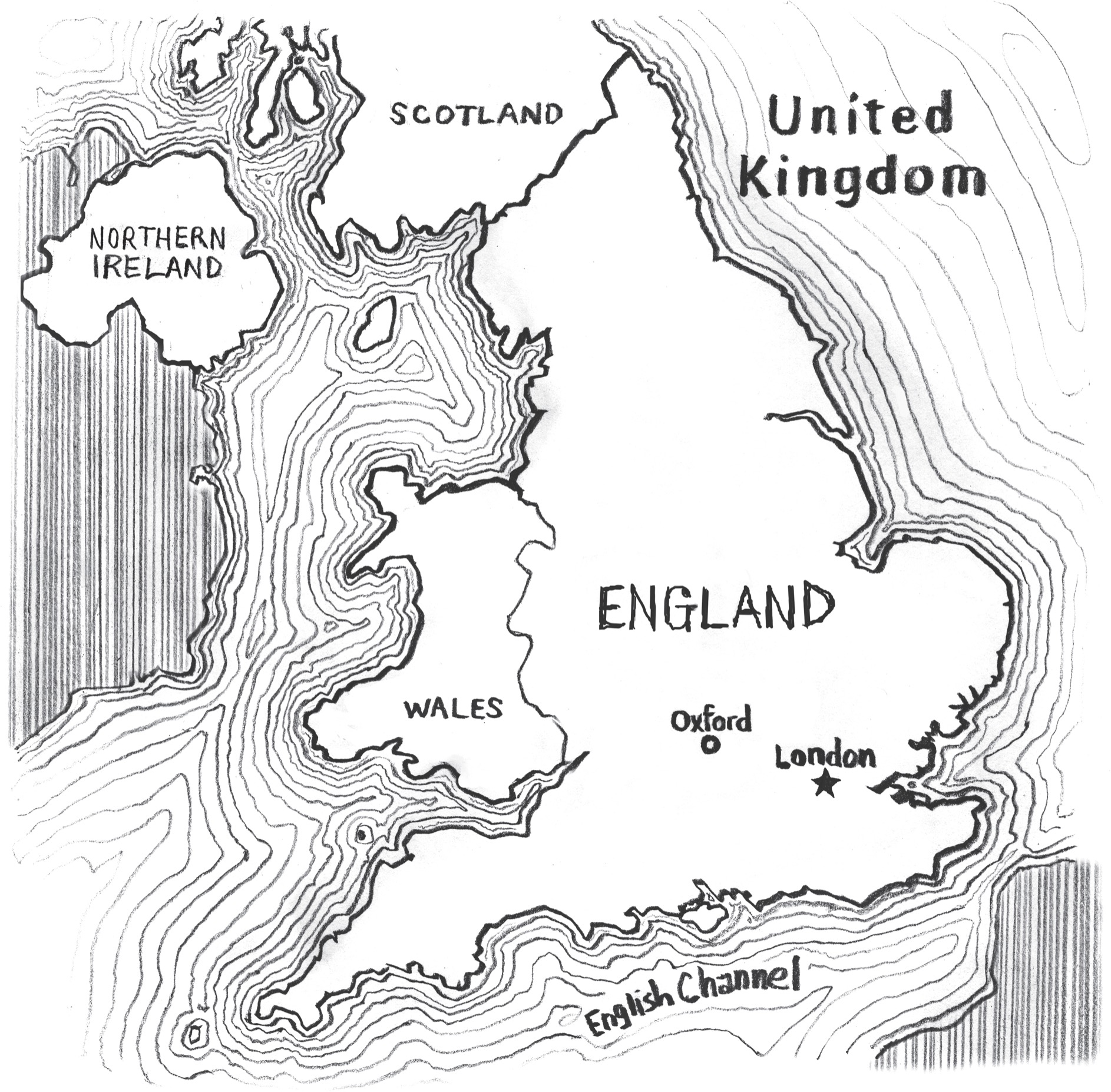
In the safety of Oxford, Stephen Hawking was born on January 8, 1942. It was exactly three hundred years to the day after Italian physicist Galileo died. Stephen, who grew up to become a physicist, liked to joke that there was some significance to that. But he also admitted that thousands of other babies were born on that same day who didnt grow up to become famous scientists!
Frank Hawking studied medicine in college and became an expert in tropical diseases. He and Isobel lived in the Highgate section of London, where many scientists lived.
Stephen was Frank and Isobels first child. In 1943, they had a daughter named Mary.

Galileo Galilei is sometimes called the father of modern physics. During his lifetime, people believed that heavier objects fell at a faster rate than lighter ones. But Galileo found that objects in motion all fall at the same rate of acceleration.
Galileo was an expert in many subjects. He was an astronomer, a mathematician, a philosopher, and an engineer.
As a Roman Catholic, he angered church leaders by arguing that the Earth orbits the sun; at the time, most people believed the sun traveled around the Earth. In 1633, he was found guilty of heresy, which means going against the teachings of the church. He spent the last nine years of his life jailed in his own home.
Another daughter, Philippa, was born in 1946. The family adopted a baby boy named Edward when Stephen was fourteen years old.

In 1950, the family moved about twenty miles north of Highgate to Saint Albans. Frank had started an important job at the National Institute of Medical Research in Mill Hill, a town outside London. It was easier for him to commute to work from there.
In Saint Albans, the Hawking family sometimes stood out from their neighbors. Eight-year-old Stephen figured it was because not as many scientists lived in Saint Albans as in Highgate. That was true, but there were probably more things that made the Hawkings stand out.
Font size:
Interval:
Bookmark:
Similar books «Who Was Stephen Hawking?»
Look at similar books to Who Was Stephen Hawking?. We have selected literature similar in name and meaning in the hope of providing readers with more options to find new, interesting, not yet read works.
Discussion, reviews of the book Who Was Stephen Hawking? and just readers' own opinions. Leave your comments, write what you think about the work, its meaning or the main characters. Specify what exactly you liked and what you didn't like, and why you think so.


